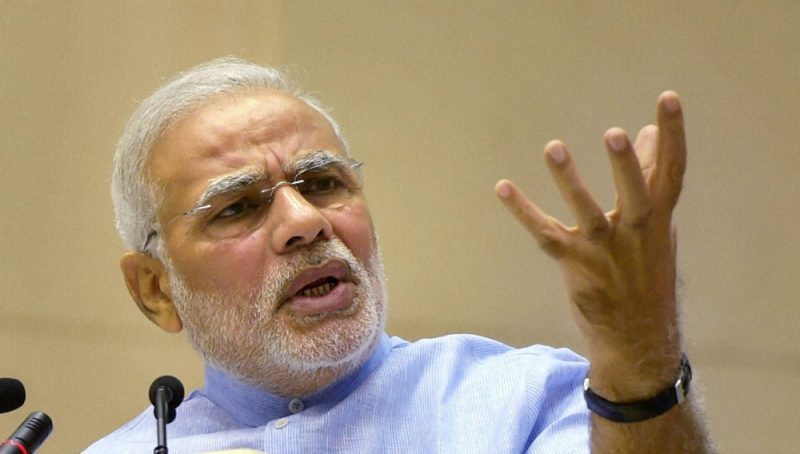India’s crackdown on ‘nameless’ properties can help clean up sector, experts say

MUMBAI – Prime Minister Narendra Modi’s vow to take on benami, or nameless properties, can bring greater transparency to a notoriously opaque sector and help check prices if a new law is implemented properly, experts said on Monday.
The practice of buying a property in the name of someone other than the buyer has been widely misused to buy real estate with undeclared income and with fake names and identities to avoid paying tax.
It is estimated benami properties worth billions of dollars are held under fictitious names across India, bypassing laws to check ownership and depriving states of valuable revenue that could be spent on development and welfare schemes.
A 1988 law on such properties was amended this year to ban illegal benami transactions with stricter punishments including imprisonment and a fine of up to a fourth of the property’s fair market value. These properties can also be confiscated.
“We are going to take action against the properties which are purchased in the name of others. It is the property of the country,” Modi said in his monthly radio address on Sunday. “This law will be put to use in the coming days to fight corruption,” he said.
Property as defined under the 1988 law includes not only land and homes, but also assets such as gold, stocks and bank deposits.
“If the new law is implemented properly, there will be greater transparency in the real estate sector, there will be less corruption, and we may see a correction in prices,” said Vinod Sampat, a property lawyer in Mumbai. “But these transactions are hard to track, and the government has a poor record of implementation. While the intention is good, it remains to be seen if the law can be implemented properly,” he said.
A series of slum evictions in cities including Delhi has put the spotlight on an acute housing shortage in urban India. About a third of the country’s 1.25 billion population lives in cities, with numbers rising as tens of thousands of people leave villages to seek better prospects.
A government plan to provide housing for all by 2022 is meant to create 20 million new urban housing units and 30 million rural homes. But the government has been criticised for the slow pace of implementation.
Going after benami properties can help accelerate the pace of implementing the government’s plan, said Anuj Puri, chairman of real estate firm Jones Lang LaSalle India.
“When titles are clear and transactions transparent, the confidence of lenders increases, so we will see a pickup in lending to buyers,” he said.”This will increase the supply of residential real estate.”
The focus on benami properties comes on the heels of a crackdown on undeclared “black money” by withdrawing high-value rupee bills from circulation.

